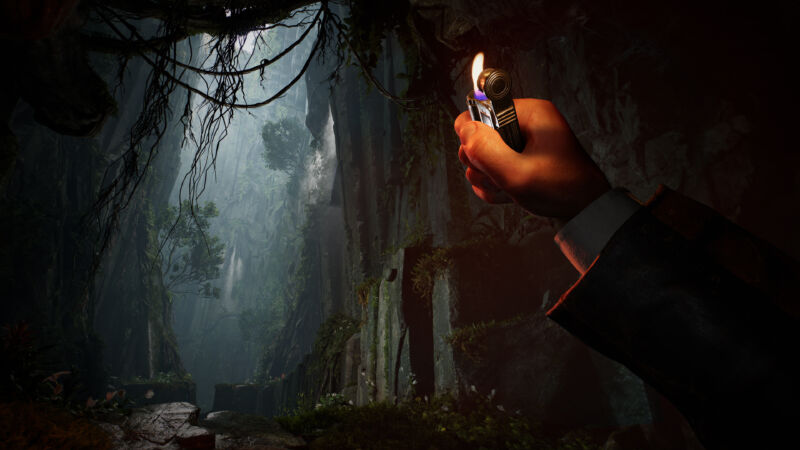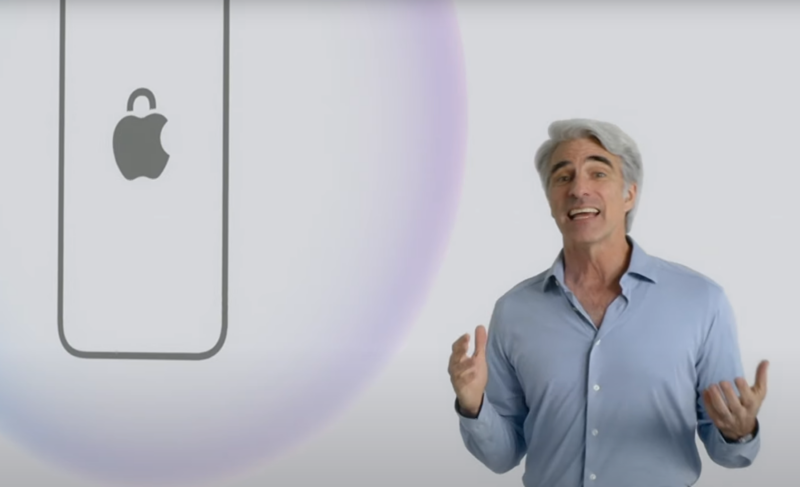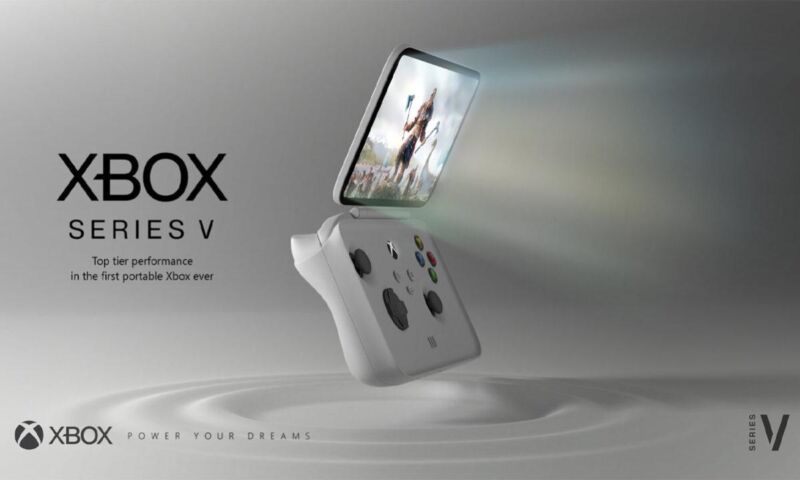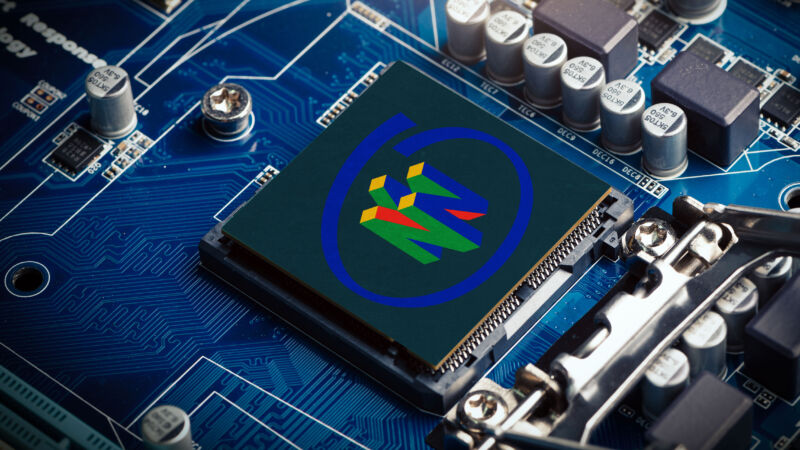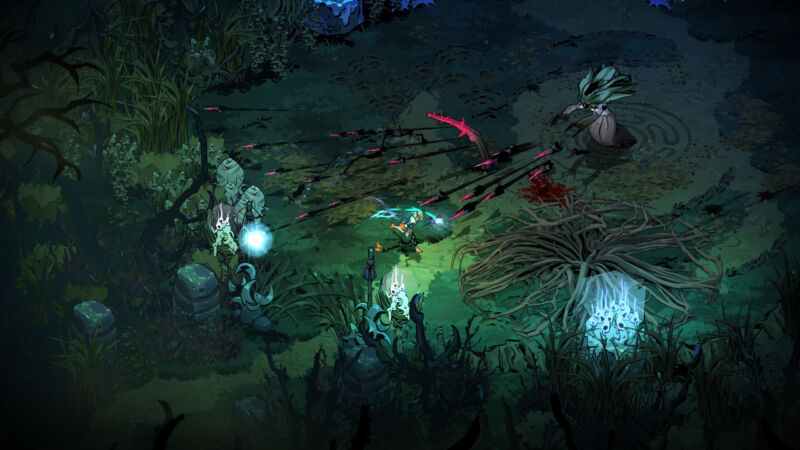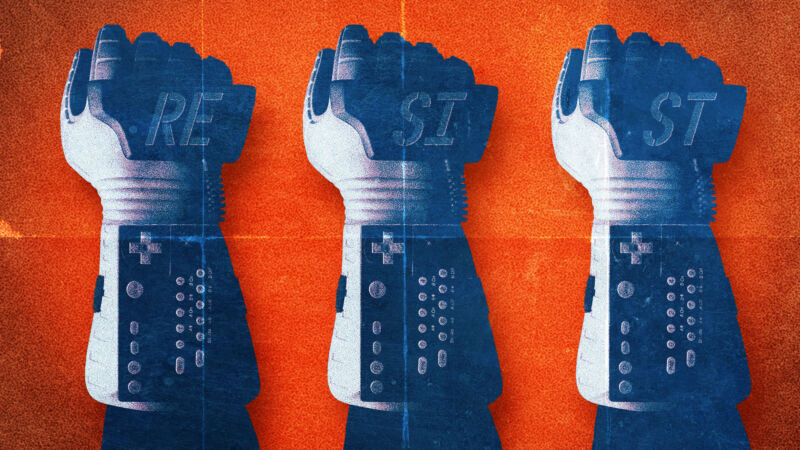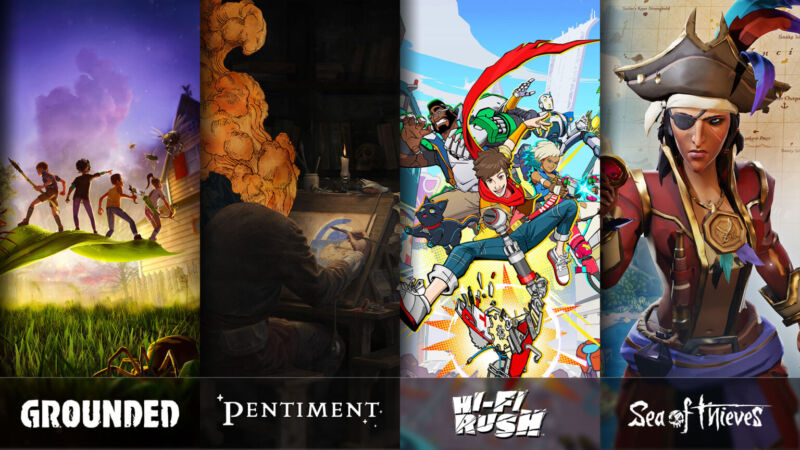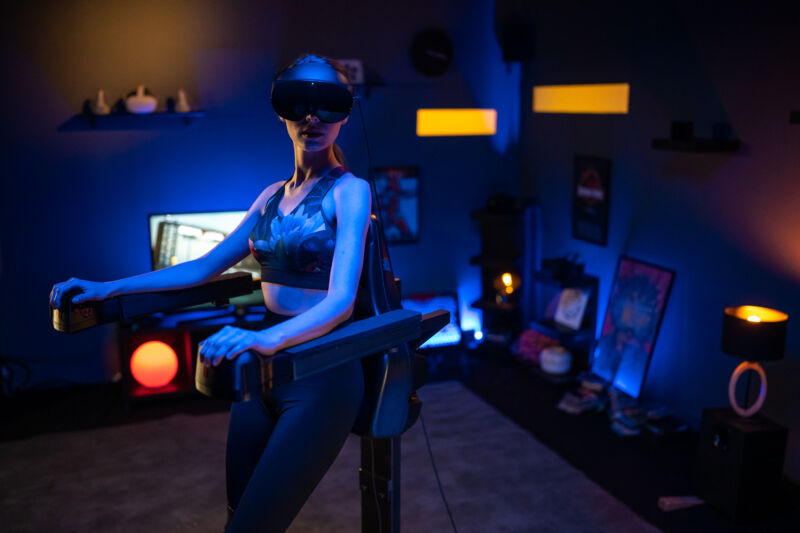Peter Molyneux is back with yet another new take on the “god game”
-
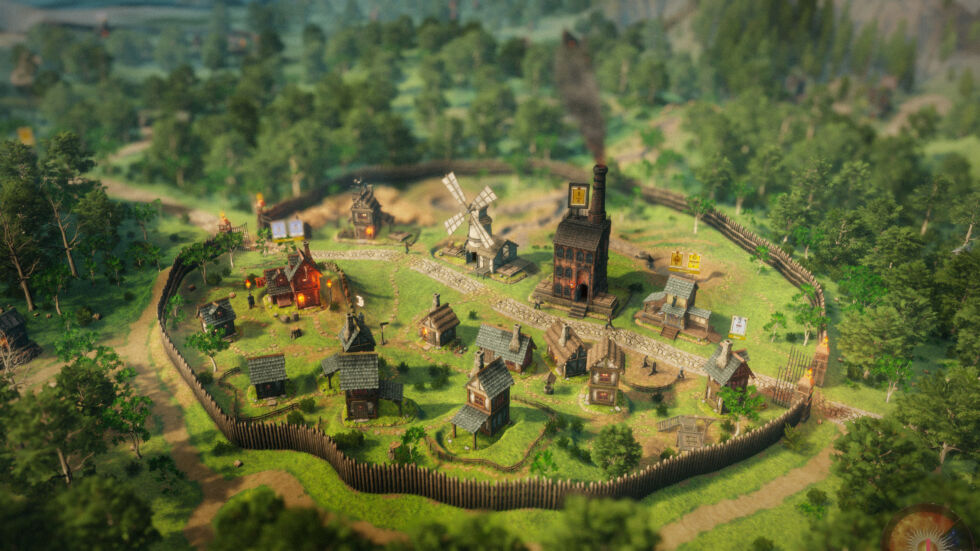
Welcome back to Albion. [credit: 22cans ]
If you're a gamer of a certain age, you probably have fond memories of Peter Molyneux as the mind behind ambitious games like Populous, Dungeon Keeper, and the Fable series. If you're of a slightly younger age, you probably remember him as the serial overpromiser behind Project Godus and a recent NFT game that somehow attracted $54 million in player pre-investment (it did actually launch in some form last year).
I bring up this history because, after years of keeping his head down, Molyneux made a surprise appearance at Gamescom's Opening Night Live event. He was there to introduce Masters of Albion, a title that host Geoff Keighley said Molyneux has "secretly been working on for the past three years" and which Molyneux himself describes as "an open-world god game full of combat, choices, mysteries, and story."
A short, early trailer for the game takes us back to Fable's "familiar vast world of Albion, packed with stories, quests, treasures, and monsters." There, the residents of the town of Oakridge have to work to gather and process resources by day and then defend themselves from hordes of creatures by night.

